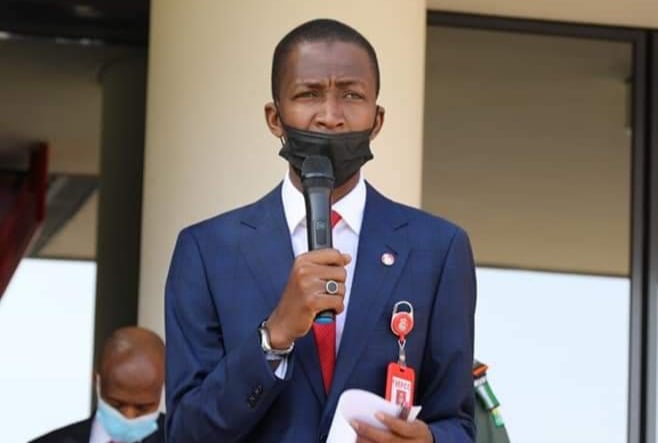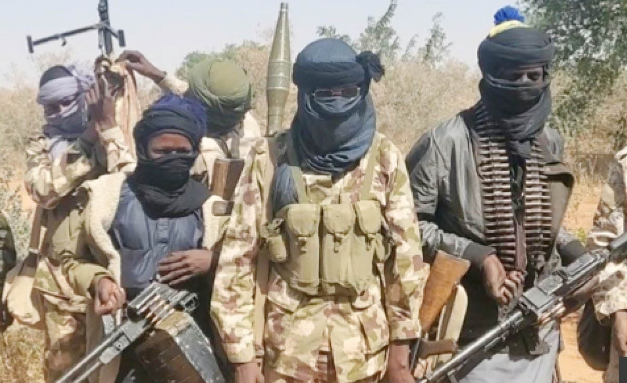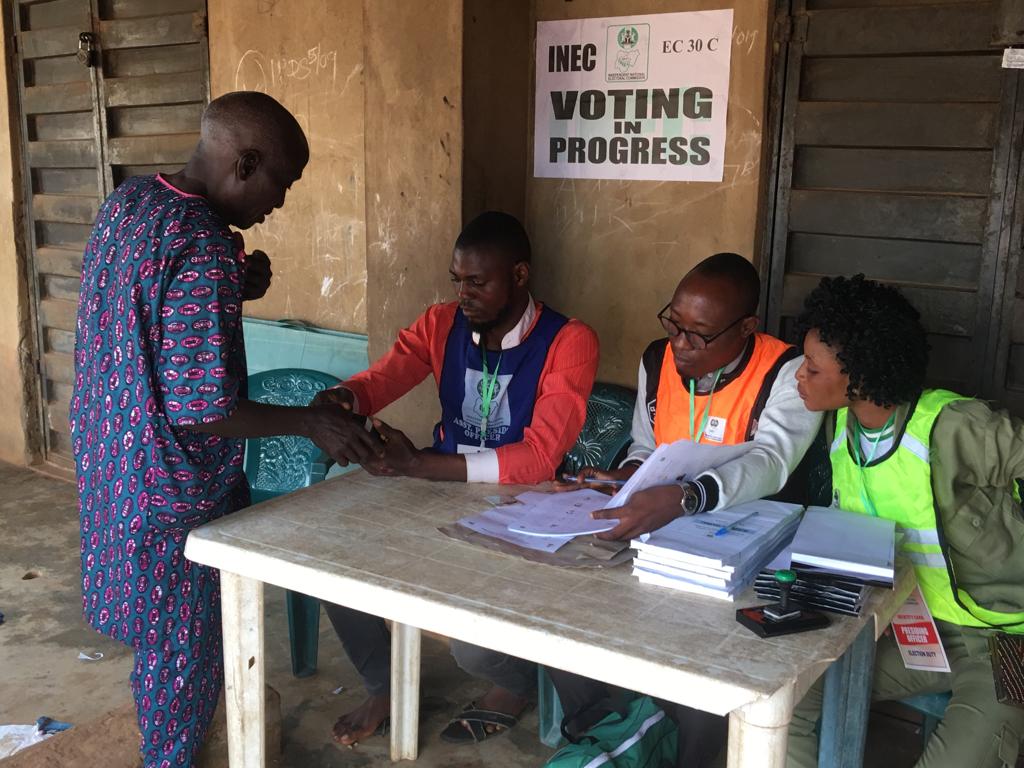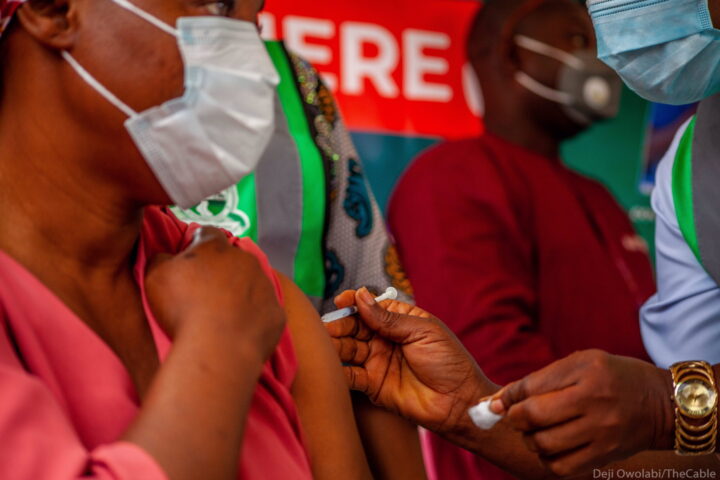Rwandan and Mozambican forces recently recaptured the port town of Mocímboa da Praia in northern Mozambique. The gain is just the latest in a series of wins by military forces to push back an Islamist insurgency in the country that has led to nearly 3,000 deaths and displaced more than 700,000 people since 2017. For many African countries, the use of warfare is a preferred tactic against violent extremism. But this tactic isn’t as effective as governments would like to think.
In 2010, when the Nigerian Government began its military offensive against Boko Haram, everyone thought the government would be successful. Ten years and $132 billion dollars later, not only did the Nigerian government fail to suppress the group, but their influence has grown across many western and central African countries. Similarly, in Somalia, Al Shabaab, the terror group affiliated with Al Qaeda, has continued to grow stronger in influence controlling significant territories in the country and killing more than 1000 people and resulting in 4000 casualties in spite of an 8 year military offensive and assistance to the Somalian military amounting to more than $1 billion dollars. The same is true outside of continent as well. Most recently in Afghanistan, where after spending 20 years and $2 trillion dollars, the U.S. campaign against the Taliban failed within a day of the U.S. evacuation.
From the perspective of the Mozambican government, taking the fight to insurgents to recapture the districts within Cabo Delgado is a priority, especially if it intends to persuade the French oil giant Total to resume its $20 billion Liquefied Natural Gas (LNG) investment project, which it had suspended earlier in April due to increasing insecurity in the region. Such an investment could significantly boost revenue in a country which faced economic contraction in 2020 for the first time in decades. The problem however, is that Mozambique, like many other African countries facing insurgency, continues to focus on the wrong tools in addressing violent extremism within its borders.
Insurgency in Cabo Delgado has its roots in grievances exacerbated by the loss of economic livelihoods and exclusion after the discovery of natural gas in the region. According to the International Crisis Group, the majority of Al Shabab soldiers are poor fishermen, frustrated petty traders, former farmers, and unemployed youth whose main motivations are economic. The group draws on these grievances to recruit soldiers to its cause. This pattern of exploiting the grievances of local populations is similar to how other insurgent groups in Africa have grown. For example, in Kenya and Somalia, Al Shabaab has deployed this tactic in exploiting local grievances exacerbated by poverty and unemployment to expand its operations. A similar tactic has been adopted by Boko Harm in Northern Nigeria, where many of its recruits were drawn from largely economically marginalized populations. All of these suggests a link between structural violence, poverty, and susceptibility to radicalization by insurgent groups. These are factors that cannot change through the barrel of a gun.
Advertisement
It is important that Mozambique adopt a more cautious approach in its fight against Al Shabab. It cannot bear repeating the mistakes made elsewhere in Africa in tackling insurgency. A heavy handed military response would result in significant hardships for the civil population, lead to more casualties, intensify economic hardships and consequently, delegitimize the government in the region and increase the vulnerability of the youth population to recruitment by Al Shabab. This could lead to a protraction of insurgency activities as has been experienced elsewhere in Africa.
While a military solution is important to push the insurgents farther away from civilian populations and recapture towns held by the insurgents, it is equally important in the long term for the government to focus on bringing development to the largely troubled and exploited region by providing health care and improving education and jobs, especially for the youth population.
Africa has long favored a military approach to addressing conflicts such as this, especially with the international community willing to fund military and peace keeping missions to stem violent conflicts in the continent. Currently, just under 50,000 personnel are deployed across six UN peacekeeping missions in Africa to enforce peace deals, prevent atrocities, and protect civilian populations. Unfortunately, despite these best efforts, conflict continues. Even with increased spending [PDF] on security by African governments, bad governance, poverty and economic hardship continue to increase grievances and make the youth population increasingly vulnerable to radicalization by insurgent groups.
Advertisement
In the words of Ellen Johnson Sirleaf, former president of Liberia, “The record is clear that the root causes of civil conflicts in Africa are bad governance, lack of respect for human rights, socio-economic and political inequity, and grinding poverty.” The Mozambican government can learn from the mistakes of other African countries in dealing with insurgency by adopting an even handed military effort and combining it with development incentives such as the provision of jobs to address the economic grievances fueling the insurgency.
Wodu, a New Voices Fellow at the Aspen Institute, is a lawyer, peacebuilding practitioner, and Doctoral Student in Global Governance and Human Security at the University of Massachusetts, Boston.
Advertisement
Views expressed by contributors are strictly personal and not of TheCable.
1 comments







Very informative piece on the war on terror in Africa. I believe our media outlets should focus more on these than our concern for how it’s happening in the West which will be fine in the long run. Except of course in cases where there is something to learn.